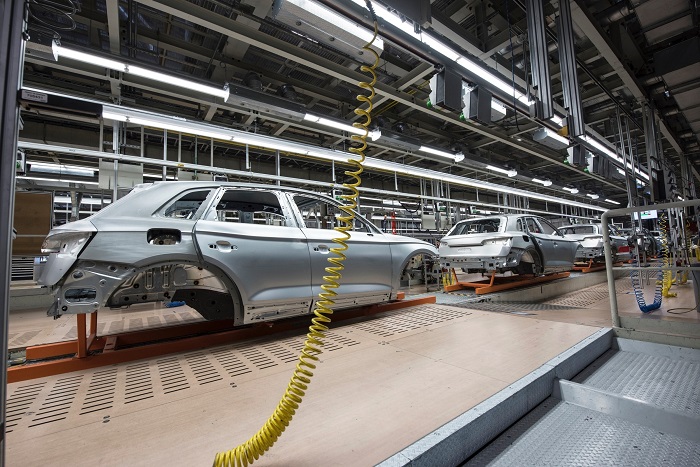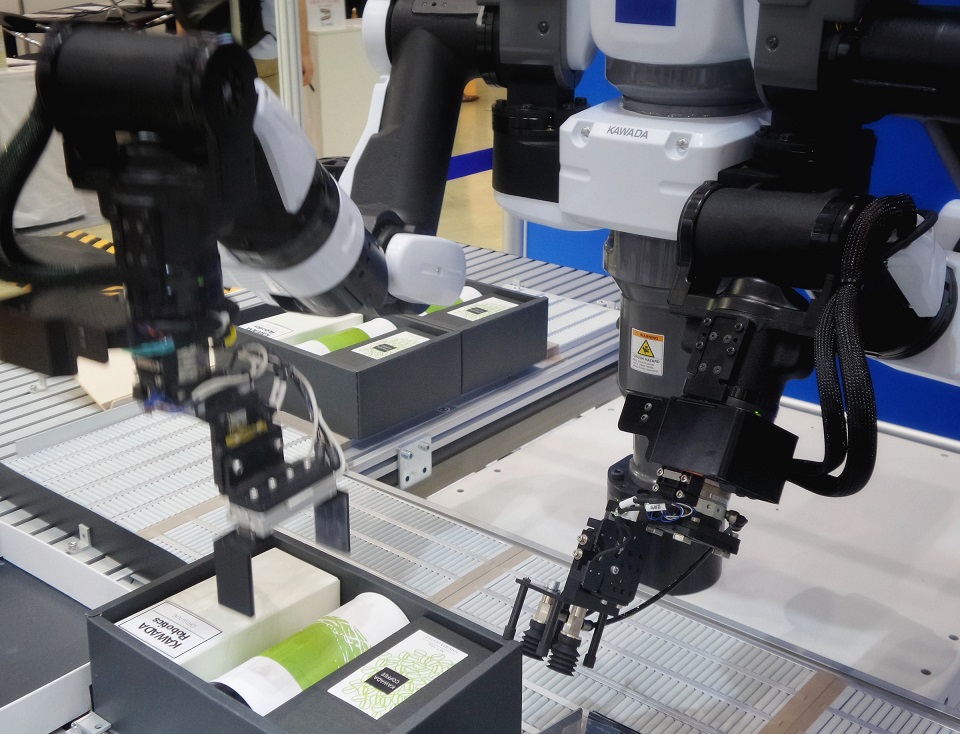As we progress deeper into the 21st century, technological advancements are pacing to make our lives easier. Look around you: the smartphone or the laptop you are holding was produced with inputs from automated robots. The pen and paper you use and even the packaged drinking water you buy involve automation to an extent.
Although production becomes swifter and more efficient using automation, what about the employment of those who used to do things manually before giant robotic arms and conveyor belts took up their jobs?

The Crisis
To some extent, yes, automation and the introduction of robotics to manufacturing disrupted the employment of a small percent of the working population. In countries like India and China, the small percentage computes to a large number due to the massive number of laborers and factory workers.
- In the engineering sector, automation has taken up some of the jobs. For example, automated software testers use advanced AI and Machine Learning to test a developed software, thus reducing the demands of software testers in companies.
- Various service-providing companies have now started using trained robots to interact with customers and offer services. Given no usage of AI, the unemployed workers in this scenario wouldn’t have to look for other job openings.
- In the name of reduced human efforts, around 800 million jobs will evaporate globally by 2030 due to advancements in AI and the introduction of organized automation in unorganized sectors.

The Bright Side
In the early 2000s, people feared that computers would take up jobs and leave millions unemployed. But today, because of computers, millions are employed in high-paying jobs and is the prime reason behind the advancement in the society we see today. Automation altogether isn’t a term to hate. Taking the example of India, it produces around 25 million motorcycles a year. Would it be possible without automation? No! Let’s discuss why automation is not as bad as being portrayed:
- Automation enables the manufacturers to create products faster, thereby meeting the customers’ needs, leading to increased cash flow, gradual expansion of the firm, and eventually more employment opportunities.
- Automation creates the demand for specialized professionals in this domain, such as Automation Engineers, Robotics Engineer, Artificial Intelligence and Machine Learning experts, and maintenance workers, to keep the flow to work in the factories intact.
- Each innovation leads to the formation of newer job opportunities. As other sectors will witness the expansion using automation, they will also try to incorporate it, thereby leading to the penetration of automation where it’s still unborn or in infancy, like public transport. Imagine the number of jobs that will open up if more and more sectors accept automation with open arms.
- As technology progresses and fruits of benefits open to the public, more and more people will try to have shares of their own, leading to more people acquiring advanced skills to increase employability. As a large section of the society strives to learn new skills, employment generation and surged quality of life follow.

Conclusion
As is evident, automation isn’t an absolute evil; in fact, beneficial in the long run. Leaving behind new opportunities, I haven’t talked about the swifter production, increased efficiency, and decreased resources in fault correction due to less human intervention. Since companies can manufacture more, taking the same time as earlier, increased sales mean increased revenue and faster expansion: a combination of which on a large-scale act as an economy booster in general.


















